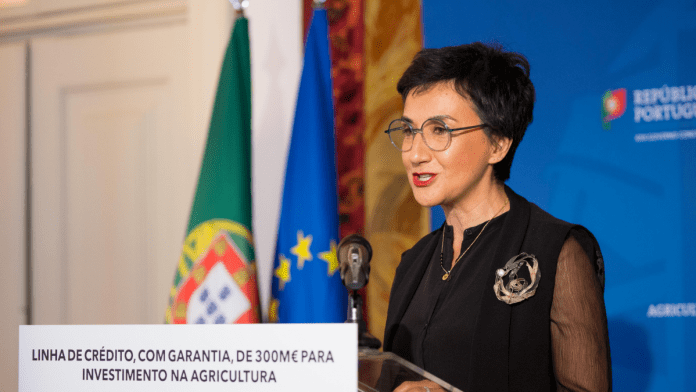News in brief:
– Portugal Minister of Agriculture guarantees 90% of Ecoregimes subsidies to organic and integrated farmers by March, with the remaining 10% scheduled for June.
– Recent negotiations and protests have spurred swift action, leading to tangible outcomes and a reversion to previous payment schedules for agricultural aid.
Portugal’s Minister of Agriculture, Maria do Céu Antunes, recently affirmed that another 25% of the Ecoregimes subsidies will be disbursed by March 15, 2024, ensuring that by then, organic and integrated farmers will have received 90% of the aid, with the remaining 10% slated for June 2024.
In a gathering at Macedo de Cavaleiros, Bragança district, attended by over a hundred farmers, Minister Antunes assured swift action, marking a turning point in the ongoing negotiations.
The recent developments follow extensive deliberations, where cuts of up to 35% were initially proposed but have since been rescinded. The remaining 10% is contingent on approval from Brussels, constituting a total sum of 60 million euros.

Progress amidst protests
Last year saw the establishment of a European platform to streamline the certification process for integrated and organic producers. However, delays in certification have hindered aid distribution for some farmers.
A recent protest involving around 300 farmers prompted immediate action, leading to constructive discussions and tangible outcomes. Notably, the single application process for this year will revert to the previous schedule, offering advances in October and subsequent payments in December.
While significant progress has been made, certain demands such as the VAT exemption for agricultural diesel remain unresolved. Additionally, calls for irrigation reinforcement, particularly the creation of a multi-use reservoir, highlight the persistent challenges faced by farmers in the region.
Despite ongoing challenges, farmers express cautious optimism, emphasising the importance of continued dialogue and collaboration. Minister Antunes’s commitment to ongoing consultations signals a proactive approach to addressing farmers’ concerns.



